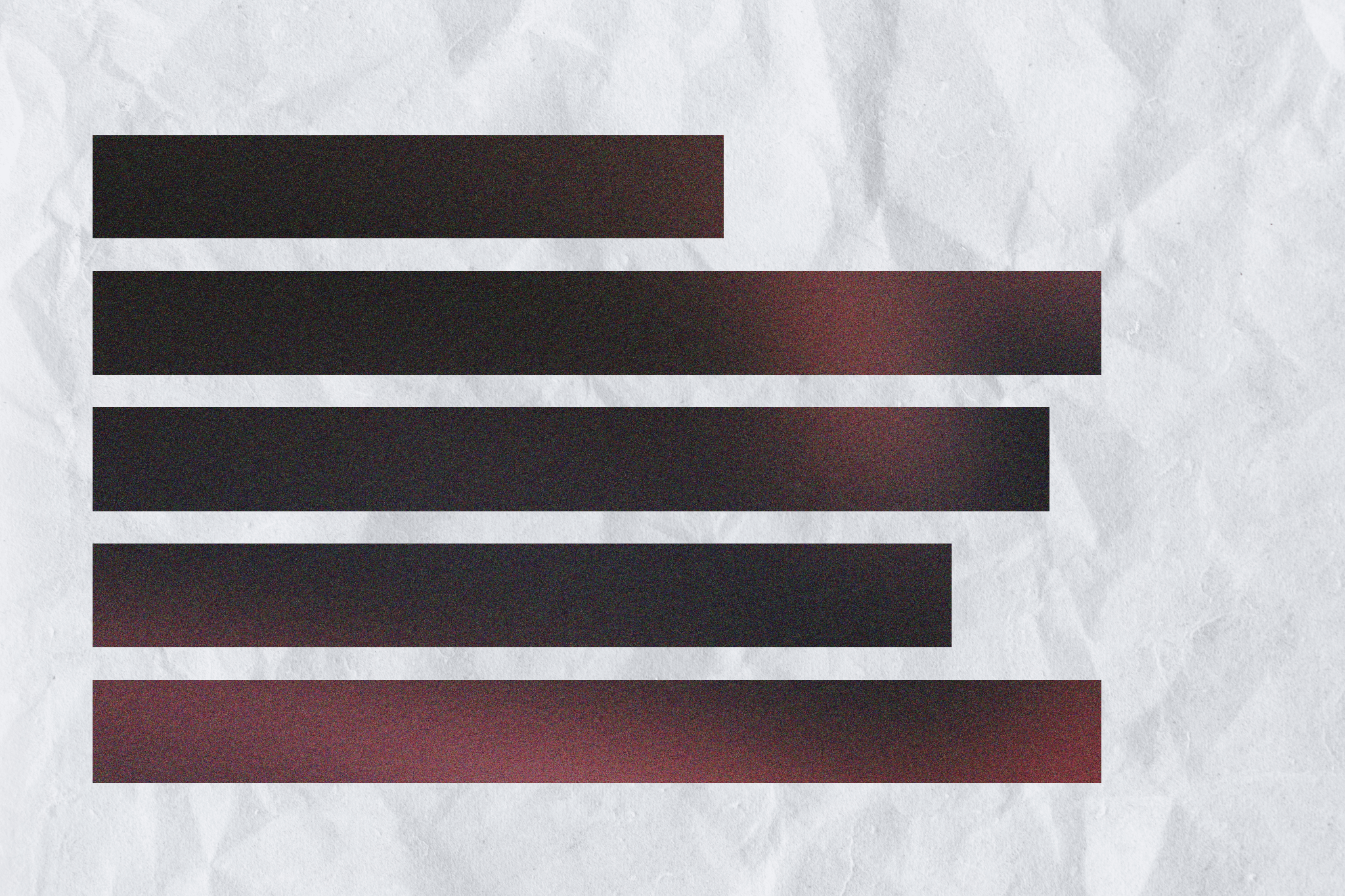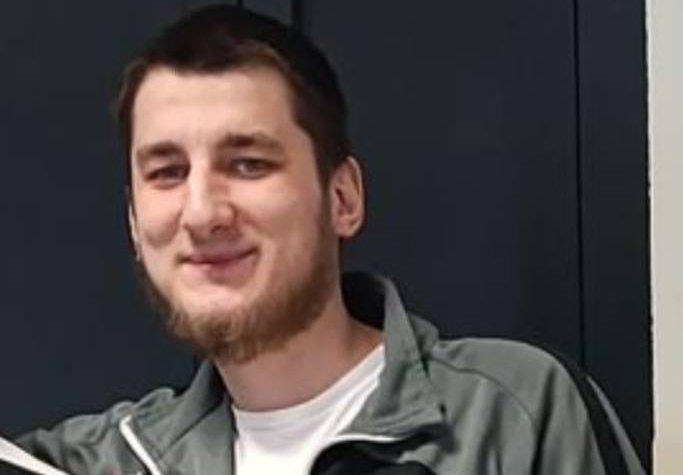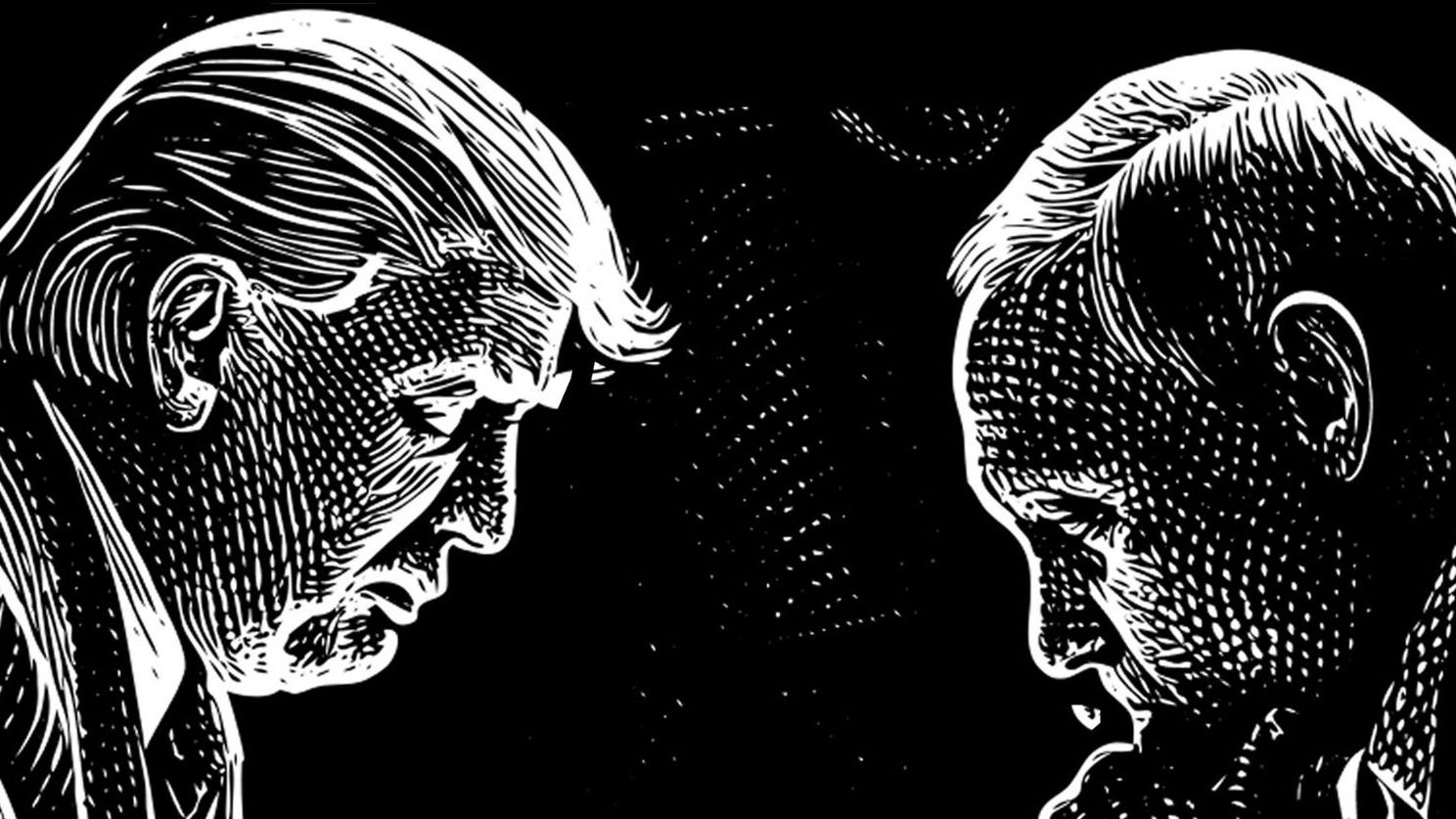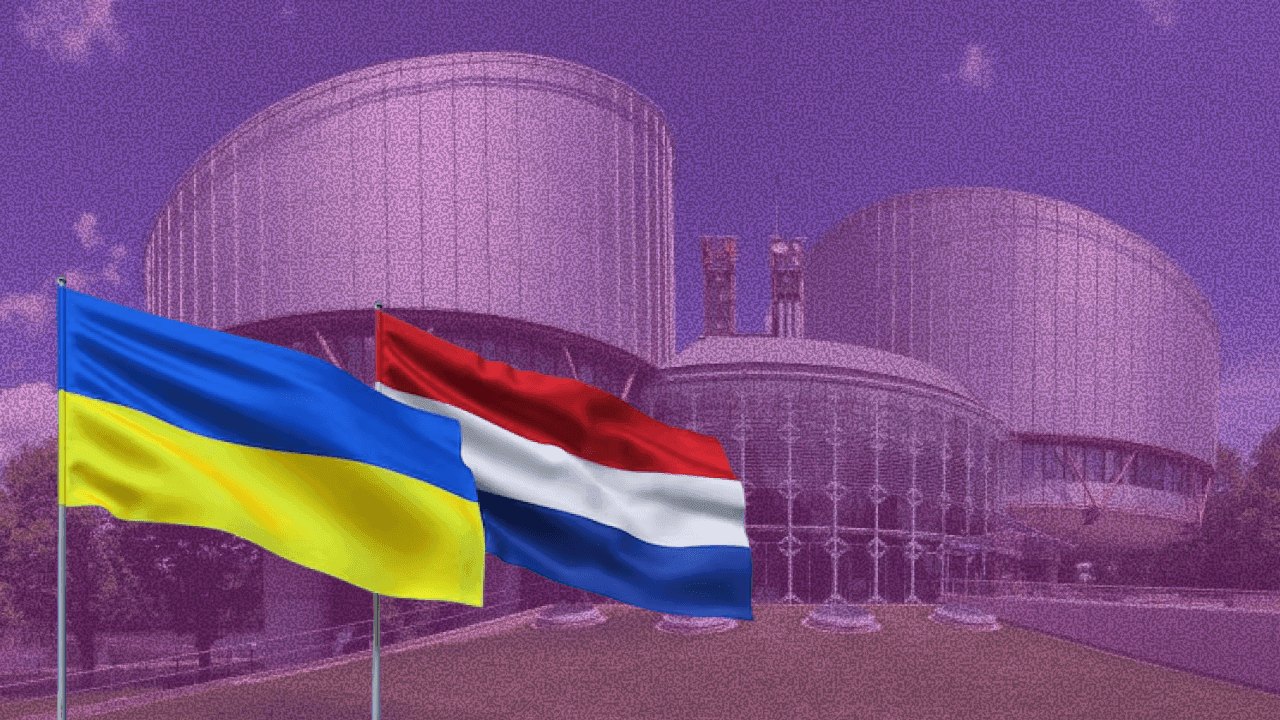This material is available in other languages:
ru
3 Dec 2024
The case of the fourteen: lawyers file complaint with the UN
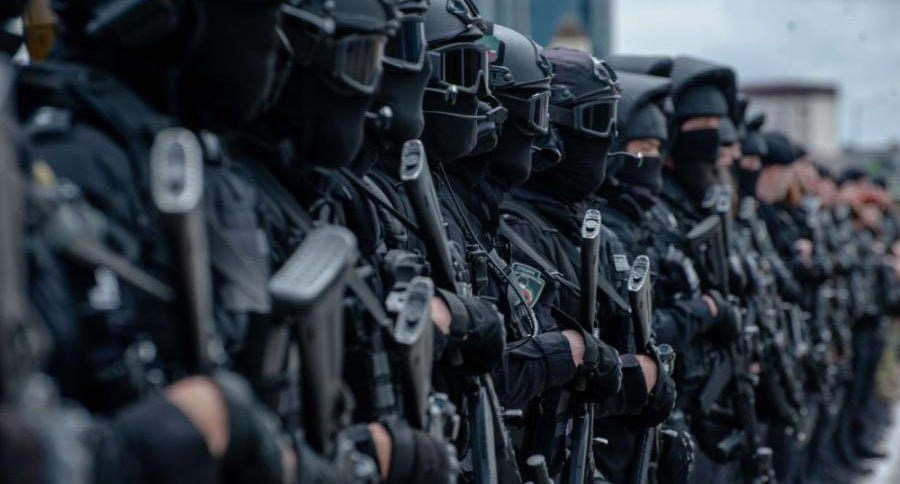
Фото: «Кавказский Узел»
Table of contents
*This article contains descriptions of torture.
What happened
On 17 December 2016, a group of armed men attacked and took over a police car in the Oktyabrsky district of Chechnya. Trying to escape, they opened fire and killed a traffic policeman. Four of the attackers were killed and two others wounded in the following firefight.
After that, mass arrests of young people took place throughout Chechnya. Between December 2016 and January 2017, there were about 200 such detentions. Some of the detainees were subsequently released, but 27 people (56 according to other sources) were executed on 25 January 2017.
The Memorial Centre represented the interests of 14 people detained on 9 January 2017. These people were placed in the basement of the building that houses the Second Regiment of the Patrol-Guard Service of the Special Police named after Akhmat Kadyrov. None of the detentions were procedurally documented. They were held in the basement for more than a month until they were officially charged with illegal possession of weapons and participation in an illegal armed formation.
During this time, detainees suffered daily brutal torture and were forced to confess to crimes they did not commit.
Each session of torture lasted 2-3 hours with short breaks. The policemen used electric shocks, attaching cables to fingers, ears, and genitals. Victims were also regularly beaten on body and head with polypropylene pipes, fists and metal objects. Many detainees were hit in front of others. Some were lifted by their hands tied behind their backs and submerged in water while being tortured with electric shocks. When the victims lost consciousness, a police doctor revived them using special medication, after which the torture resumed. Many victims reported being handcuffed to hot radiator pipes overnight, resulting in severe burns.
The detainees were not given enough food and water - only a little bread and tea. They were forced to sleep on the cold floor or deprived of sleep completely. No medical assistance was provided. When the detainees asked to go to the toilet, the guards gave them electric shocks, beat them and then forced them to crawl face down to the toilet and back.
The policemen also threatened the captives with sexualised violence and fabrication of criminal charges. They threatened to burn their houses or expel their families from Chechnya if they refused to sign confessions. The prisoners were not allowed to contact their families throughout their detention.
In February and March 2017, the victims signed false confessions under torture. Each of them was forced to make a photo with a grenade or a gun in their hands.
The mass abductions of late December 2016 to early January 2017 were described in the testimony of senior sergeant Suleiman Gezmakhmayev, who was serving in Kadyrov's regiment at the time. He also confirmed the fact of torture.
Charge and Sentence
All 14 applicants were charged with participating in an illegal armed formation (Part 2 of Article 208 of the Criminal Code). All but one were also charged with the illegal acquisition, transfer or storage of explosives or detonating devices by an organised group (Part 3 of Article 222.1).
The three applicants were additionally charged with illegal acquisition, transfer or storage of firearms committed by an organised group (Part 3 of Article 222).
On 1 September 2017, the Shali City Court found all the victims guilty under Part 2 of Article 208 and Part 3 of Article 222.1 of the Criminal Code. One of the detainees was also found guilty under Part 3 of Article 222.1.
The court referred to the confessions obtained under torture. All the victims were sentenced to imprisonment from 9.5 to 10.5 years, as well as fines (except for one of them) in the amount of 200 to 250 thousand rubles.
Appeal
Court-appointed lawyers filed appeals with the Supreme Court of the Chechen Republic requesting commutation of the sentence.
From 17 April to 9 July 2019, the court considered the appeals. The defendants managed to obtain the intervention of privately hired lawyers. All the prisoners demanded cancellation of the sentences and acquittal.
At the court of appeal, the complainants reported abductions and torture. Fearing that they would be tortured again in revenge for accusing policemen, some of the applicants publicly stated: if in the future they refused to have privately hired lawyers, it should be considered forced by the police. The Investigative Committee initiated an inspection into the torture claims, but refused to initiate a criminal case.
The new lawyers filed several motions:
- To exclude confessions obtained under torture;
- To summon key witnesses, such as Dasayev, who claimed to have been part of an illegal group with the victims but could not identify or name any of them; Dzhabrailov and Iraskhanov, police officers who intimidated the victims' relatives to obtain false testimony; and Abdulmejidov, who was also detained with the victims in the basement of Kadyrov's regiment base;
- To examine the basement of Kadyrov's regiment and the temporary detention chamber at the Kurchaloevsky police station, where the victims were held at various times.
The court rejected all motions and left the conviction unchanged on 12 July 2019. The court considered the confessions obtained under torture to be lawfully extracted.
The lawyers of the victims filed cassation appeals to the Fifth Court of Cassation, but they were also rejected.
International bodies
On 12 January 2020, lawyers from the Memorial Centre filed a complaint on behalf of the applicants with the ECHR (“Abubakarov and Others v. Russia”, no. 5393/20). The lawyers claimed a violation of Articles 3, 5, 6 and 13 of the European Convention on Human Rights.
On 2 December 2021, the ECHR, sitting as a single judge, declared the complaint inadmissible.
According to Zhargal Budayev, a lawyer from the Memorial Centre, the ECHR mistakenly rejected a completely appropriate appeal, so the lawyers have now turned to another international body.
On 26 November 2024, lawyers from the Memorial Centre submitted a complaint to the UN Human Rights Council. The complaint stated that the Russian authorities had violated several articles of the International Covenant on Civil and Political Rights:
- Article 7 - prohibition of torture or cruel, inhuman or degrading treatment
- Article 9 and 10 - the right to liberty and security of person and the right to humane treatment and respect for dignity
- Article 14 (1) - right to a fair trial
In addition, the lawyers noted that in 2021 and 2023, the ECHR issued three judgments which, inter alia, considered the disappearance of other victims of the same wave of arrests (“A.A. and Others v. Russia”, no. 37008/19, 14 December 2021, “Baronin and Others v. Russia”, no. 37008/19, 28 September 2023 and “N.A. and others v. Russia”, no. 48523/19, 21 November 2023). The Court confirmed the existence of a systematic practice of abductions and secret detentions in which the Chechen authorities are involved.
